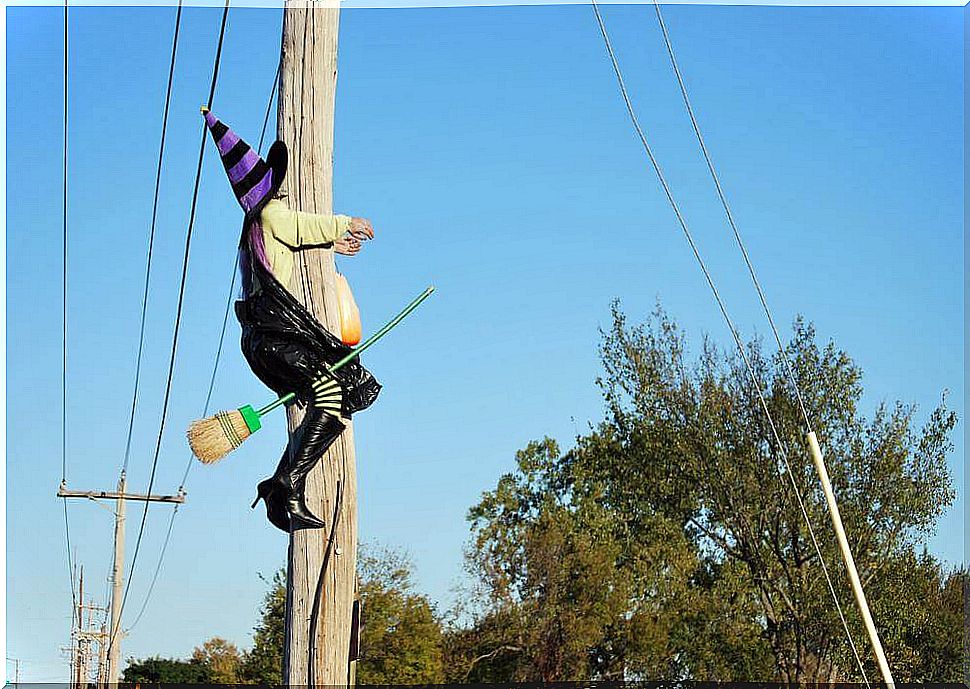Four Myths About Managing Children’s Misbehavior

Most parents take the time to prevent child misbehavior. But there are also some myths that affect this effort, making bad behavior worse.
Myth 1. Punishment changes bad behavior.
The general idea tells us that consequences for child misbehavior will cause it to change or be modified. For this reason, it is not uncommon for some parents to believe that drawing attention to or removing a privilege will automatically correct behavior problems. These wake-up calls aren’t really helpful in permanently improving behavior.
Education specialists have realized that punishment only works temporarily. Initially there may be a positive effect for weeks or months, but over time it only works for hours or days. Desired changes are achieved when punishment is a minimal part of behavior management with positive reinforcement.
Myth 2. The child seeks to manipulate
It is often believed that children seek to manipulate the situation at their convenience. Although this may be true in some cases, most behave based on the consequences and rewards they receive and not to manipulate us.
What parents often see as manipulative behavior is actually a tendency to irritable actions that the parents themselves were able to reinforce and make a habit with their reactions. The next time your child misbehaves, see if that attitude is trying to get your attention, avoid responsibility, or get a specific item. In this way you will understand the reasons for the behavior and modify your reactions.
Myth 3. More reminders lead to better behavior.
It is common that we must remind our children of their obligations. However, some children are more rebellious and constant reminders fall on deaf ears. Psychologists recommend that the reminder be done only once, so children understand that we trust them and we generate a greater sense of responsibility. If the child does not fulfill his obligations, it is recommended to impose an appropriate punishment and give a reward when the child fulfills his duties. For example, if we want the child to clean his room, we must tell him once. If after a reasonable time it has not done so, then it can be punished by limiting the use of the internet for a few hours and rewarding with an extra exit if it has complied with the request.
Myth 4. Too many prizes affect the child.
Some parents believe that rewarding their children harms them, but research has shown that the positive attention children receive with rewards has a positive impact on their behavior. To ensure that this is the case, it is important to reward children responsibly and without excess. It is better to limit yourself to a thank you phrase than to give an expensive award. The reward well used is one of the best options to change your child’s behavior.
Photo courtesy of Shane Wilson Link









